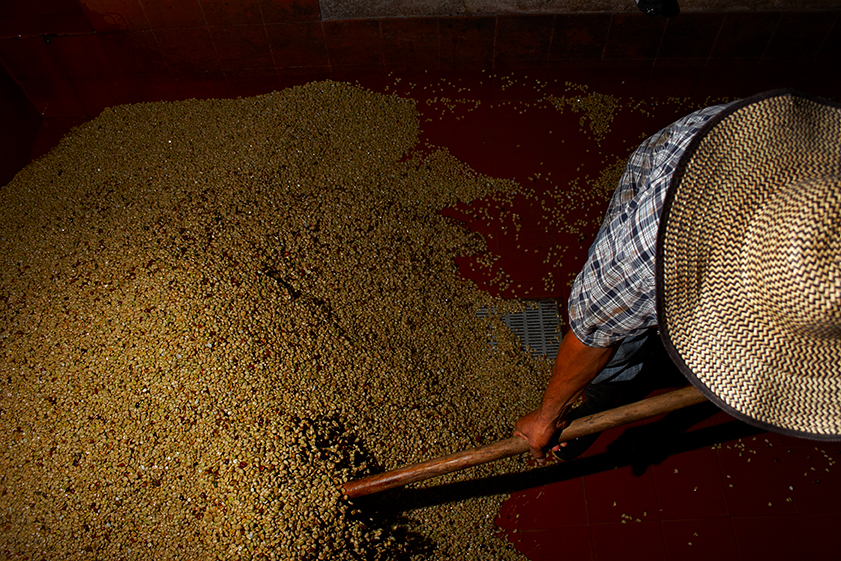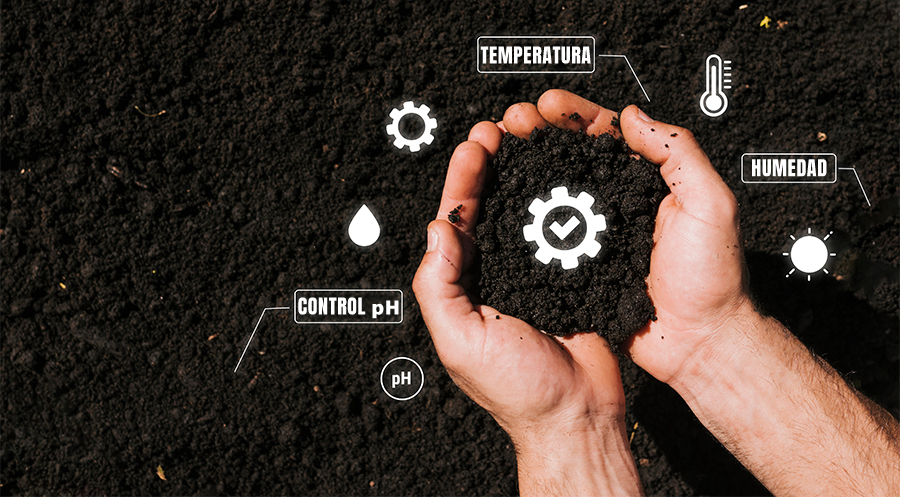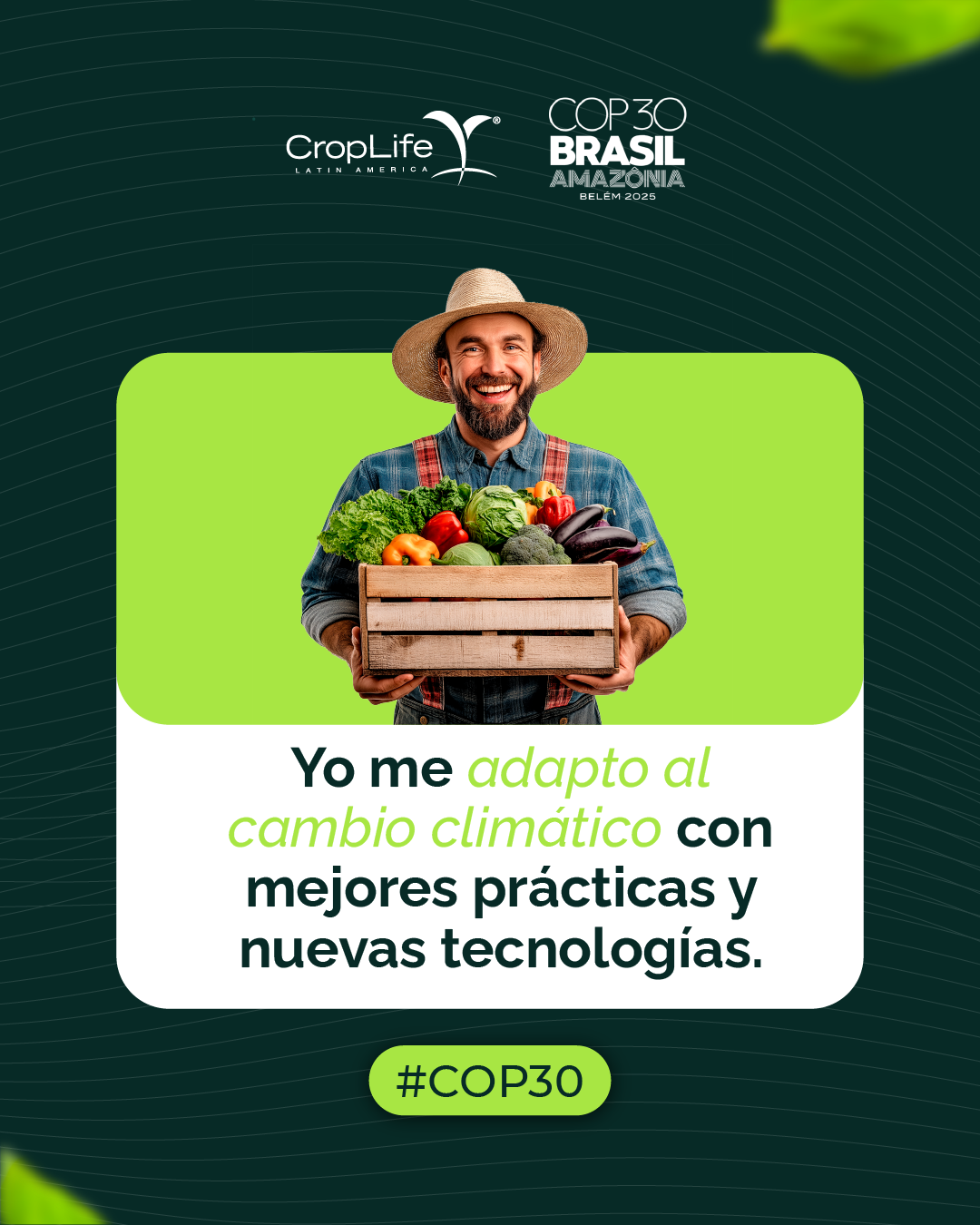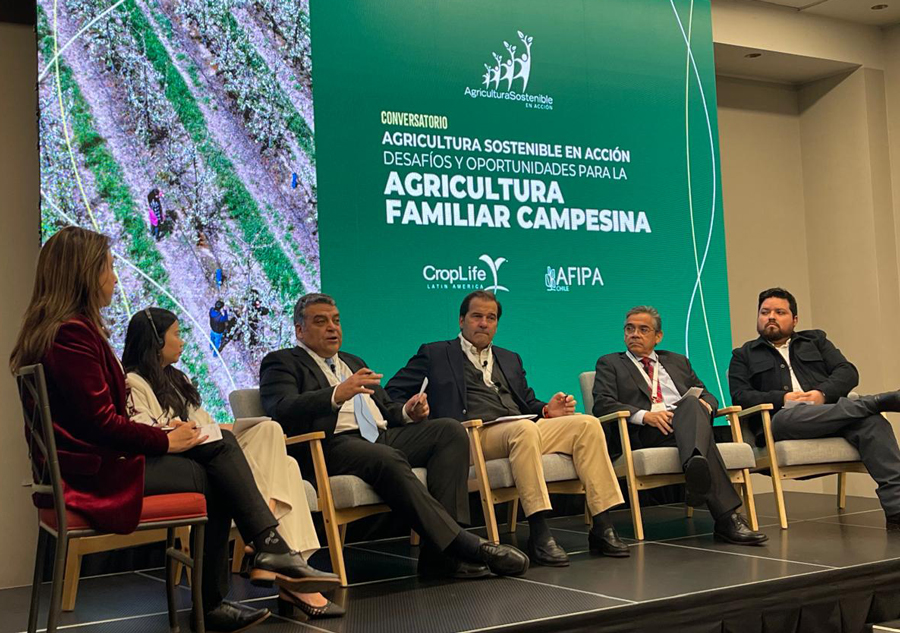Supporting the production of safe, nutritious and sufficient food that contributes to the goal of reducing world hunger is just one of the benefits of this sustainable agriculture strategy.
By: María Helena Latorre,
Director of ANDI's Procultivos Chamber
The Sustainable Development Goals (SDGs) are 17 specific goals that world leaders set in September 2015, with the aim of eradicating poverty, protecting the planet and ensuring prosperity for all by 2030.
The second of the SDGs is called 'Zero Hunger' and aims to create a world free of hunger by 2030. “Food security requires a multidimensional approach: from social protection to safeguard safe and nutritious food, especially for children, to the transformation of food systems to achieve a more inclusive and sustainable world,” states the United Nations Organization on the website that hosts the description of the SDGs.

In that sense, Integrated Crop Management (ICM) emerges as a tool that contributes to the achievement of this SDG. And how does it do it? To answer this question, we must begin by explaining what ICM is: it is a holistic strategy that acts directly on farmers' farms with tests to diagnose soil and plant nutrition, as well as the presence and impact of pests, diseases or weeds to combine crop protection and nutrition tools according to the unique characteristics of each crop.
Since 2017, ANDI’s Procultivos chamber has accompanied rural producers —mainly small and medium farmers— in the implementation of ICM. Today, we can proudly see increases in harvests of between 27 and 120%, an indicator that without a doubt contributes to the goal of 'Zero Hunger' agreed within the SDGs.
At Procultivos we have also been able to verify in the field that ICM represents a reduction in cost for farmers of between 15 and 23%, depending on their crop and geographical location. This translates into greater economic benefits and well-being for farming communities.

This is no small achievement, as it positively impacts the following SDGs: end of poverty (#1), decent work and economic growth (#8) and reduction of inequalities (#10). For small and medium producers, ICM is a key strategy because it changes the fate of their crops and therefore their harvests.
Last but not least, it should be noted that the responsible use of resources promoted by ICM—and which is reinforced according to the realities of each crop and farmer—allows this strategy to support the SDGs related to caring for the planet, such as: responsible production and consumption (#12), climate action (#13) and the protection of life in terrestrial ecosystems (#15).
In short, ICM is a holistic strategy that provides obvious benefits not only for farmers and their communities, but for society in general and, of course, for the care of the planet. At Procultivos ANDI we are convinced that its broad adoption will contribute to the aforementioned objectives, but also to the generation of awareness about the sustainability of our planet.






























